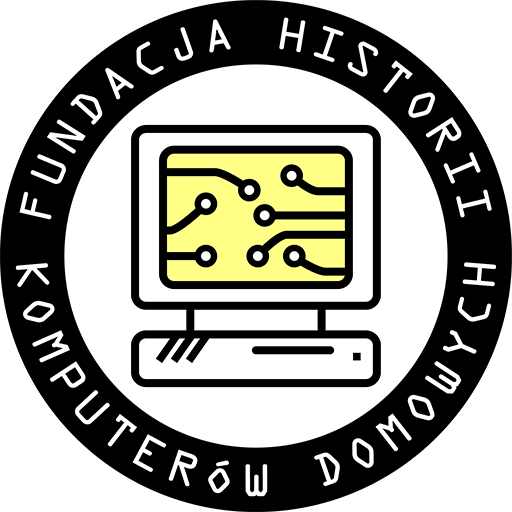Long long time ago…
8-bit computers, the majority of home computers used in Poland in the 1980s and early 1990s, often used cassette recorders as mass storage. People recorded their first BASIC programs on audio cassettes and loaded games from them. Cassettes were popular because… disk drives were expensive. And for some computers, such as the popular ZX Spectrum, an ordinary home tape recorder was enough.
Games, utilities, what do you need?
Pirated copies of programs – although not illegal, because the law did not prohibit copying back then – were most often sold in sets recorded in small venues called computer studios or program rental shops, in primary school gymnasiums rented for a weekend for the purposes of organizing computer fairs or bazaars, or finally, they were exchanged between the users themselves, copied with a home two-cassette tape deck.
Risk of oblivion
Cassettes were not respected by computer users at the time. The recordings were unreliable and took a long time to load. So when you finally got “promotion” to the group of disk drive owners, the cassettes, along with all their contents, often ended up in the trash, at best in the attic or in a damp basement. However, they often contain unique versions of programs, constituting a testimony of past times that – unless properly archived and described – will not survive for future generations.
How can you help?
If you remember the times of early home computers and have interesting stories related to it that you would like to tell so that our children or grandchildren can read about them in the future – please contact us. If you have a collection of cassettes that may contain computer programs, old floppy disks, or hand-written and photocopied publications or home-made manuals of computer games – let us know. We will be happy to help you archive and preserve their content so that it is not forgotten.
If you want to capture the contents of cassettes into digital audio files yourself, we have prepared a short guide on how to do it.
If it’s a bit too much, you don’t have the equipment or you want to get started, but there are so many other things – be sure to let us know, we can carry out the entire process from start to finish.
Mission Statement of the Foundation
We want to reach as many people as possible who have historic software from the early personal computer era (1980s and first half of the 1990s) to help preserve preserved collections for future generations. We have many years of experience in archiving data stored on cassette tapes and magnetic disks, preserving original protection and proprietary data storage formats, as well as recovering and reconstructing damaged and degraded recordings. The reconstructed and described data can then be the subject of further research by subsequent generations of historians.
What is the purpose?
We preserve old recordings to preserve the remnants of digital history for future generations. The original editions of most games have probably already been downloaded and made available on the Internet, but what about the pirated edition of Montezuma’s Revenge recorded by a small software stand that opened for a few afternoon hours on the first floor of the now defunct shopping center in Warsaw? Each such surviving fragment of knowledge adds historical context to be used by future researchers, something like a hundred-year-old receipt from a former shoemaker’s workshop or a clay tablet with records of transactions.
On historical media you can also find “improved” versions of the games, with immortality features or other gameplay simplifiers, versions of programs that have been laboriously translated into local languages, and finally a modified signal modulation methods, which speed up loading. Examining such traces allows us to determine where both hardware and software solutions originated and how they migrated, as well as in which area and when the programmers who signed the work operated, and who they were.












